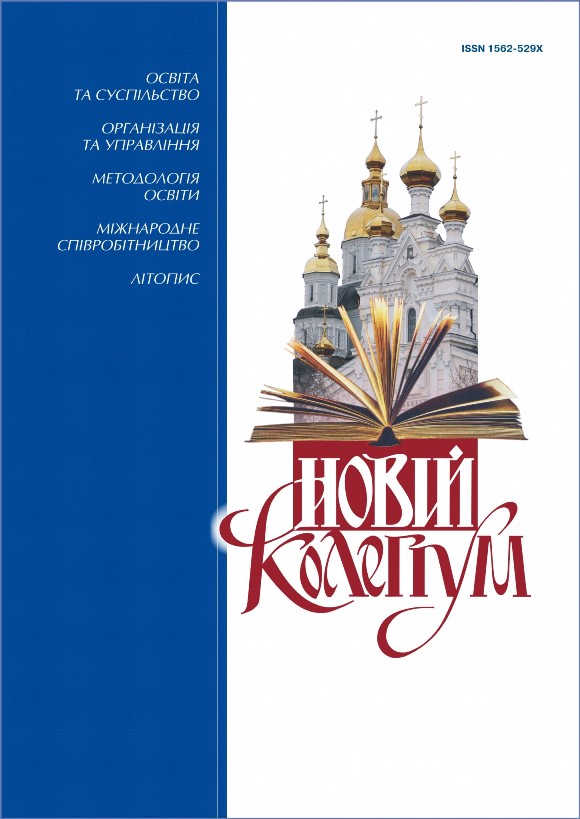Discursive activity of the linguistic personality of foreign students in professional communication situations
DOI:
https://doi.org/10.30837/nc.2021.4.59Keywords:
linguistic personality, discourse, discursive activity, professional communicationAbstract
The article highlights the features of professionally oriented discourse and its importance in teaching professional communication to foreign students, defines the directions of the formation of the linguistic and discursive competence of foreign students. The definition of discourse has been formulated. The characteristics of the main components of discourse are given: living language, the totality of the process and the result, the presence of extra linguistic factors, the discursive context. The types of discourse are considered: academic, diplomatic, political, advertising; by the nature of communication, the types of discourse are distinguished: the first type is spontaneous, prepared, official, unofficial, the second type is male, female, children's types of discourse, the third type is argumentative, conflictual, authoritarian. It is emphasized that the main participants of any discourse are discursive personalities; the result is its perception and understanding. The category of professional discourse as a discursive activity of a linguistic personality in professional communication situations is considered separately. The features of a professionally oriented discourse are highlighted: inclusion in the context of professional activity, implementation in business communication and presentation in future linguistic actions: presentation of material, written or oral exchange of information, expression of personal opinion, discussion, discussion using special vocabulary and terminology. Listed are the aspects and indicators for teaching professionally oriented discourse. A discourse approach is presented in this article on the example of using the textbook "Scientific style for foreign students of economic specialties." This approach forms a model of learning business communication, which allows future professionals to be competent in discursive terms, both in educational and in the real situation of business communication.
References
Бєлова А. Д. Поняття «стиль», «жанр», «дискурс», «текст» у сучасній лінгвістиці. К. : КНУ імені Т. Шевченка, 2002. С. 11 – 14.
Дроздова І.П. Наукові основи формування українського професійного мовлення студентів нефілологічних факультетів ВНЗ : монографія. Харків : ХНАМГ, 2010. 320 с.
Колшанский, Г.В. Паралингвистика. Москва : Дом Книги, 2010. 96 с.
Малевич Л. Синергетичний підхід до викладання української мови в технічних ВНЗ // Вісник Львів. ун-ту. Сер. філологічна. Львів, 2010. С. 268 – 273.
Морозова О. І. Діяльнісний стиль мислення у лінгвістичних дослідженнях // Вісник Харк. нац. ун-ту імені В.Н. Каразіна, 2008. С. 41 – 45.
Карасик В. И. Языковые ключи. Волгоград : Парадигма, 2007. 520 с.
Шатурная Е. А. Профессионально-ориентированный дискурс как объект овладения в неязыковом вузе // Вестник Томск. гос. ун-та, 2009. С. 174 – 176.

